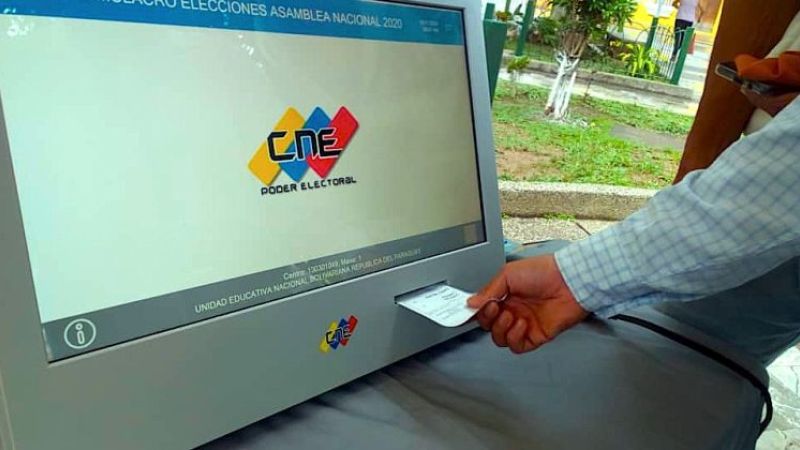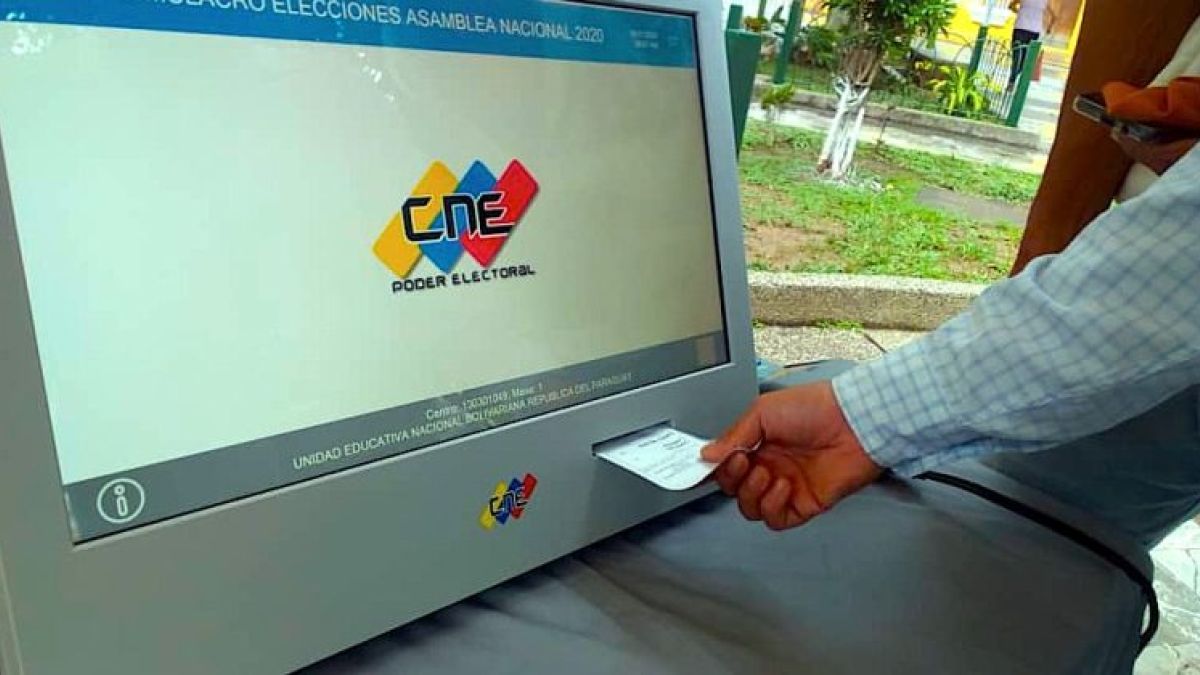Venezuelan electoral system stands out in the world for being auditable and automated


Photo: Internet

Published at: 04/06/2024 09:27 PM
More than 20 elections held in the last two decades and a fully automated voting mechanism make the Venezuelan electoral system one of the most reliable and secure in the world.
The voting process in Venezuela, as in few countries on the planet, is completely automated; it goes from the process of biometric verification of voters, to verify their identity, to the issuance of the vote.
In fact, according to the book Audits of the Venezuelan Automated Voting System published on the web portal of the National Electoral Council (CNE), it stands out that the Creole electoral system has automated, integrated and indivisible components that guarantee reliability, transparency, auditability, security and computer integrity.
In this sense, one of the innovative elements of the system are the voting machines, which were developed and developed, at 100%, by Venezuelan technicians.
These machines, used for the first time in the legislative elections of last 2020, have an integrated battery that provides a range of up to 10 hours, ensuring total independence of the electrical system.
At the time of the presentation of these, the president of the CNE at the time, Indira Alfonzo, explained that the country has more than 49,000 of these machines, which transmit data through a shielded, exclusive and totally isolated network from the Internet.
Audits as a synonym for transparency
Another element that distinguishes the Venezuelan electoral process is that it is 100% auditable. The entire process, the voting machines and the voter registration are audited, before, during and after the electoral process to give participating political actors confidence that the results obtained are true.
According to the schedule established by the Electoral Power for the presidential elections on July 28, 16 audits are established. Of these, 11 will be held prior to the event; one during the event; five after.
The checks will observe the hardware, software and data of the voting machine, which involves reviewing the source code, as well as tests on the technological solution, in order to verify its correct operation.
In addition, processes such as the guarantee of the secrecy of the vote, biometric authentication, the safeguarding of information, the encryption of files with keys shared with organizations for political purposes and the CNE, as well as an exhaustive review of the components of the voting machine, will be verified.
It should be noted that these audits are carried out with the presence of participating political organizations, international partners, authorities and CNE technicians.
International support
Another element that guarantees the transparency of the country's electoral process is the presence of international observers, who after the electoral process offer their opinions and testimony of how they saw the elections going.
By July 28, the Electoral Power extended an invitation to more than 200 international organizations and foreign governments to accompany the presidential elections.
According to recent statements by the president of the CNE, Elvis Amoroso, personalities from five continents have been convened for 28-J to accompany the electoral event. Among the guests are figures linked to human rights and university professors who oppose the imposed sanctions, as well as for other organizations and delegations that comply with the Constitution and Venezuelan laws.
Among the invited organizations convened are the Community of Latin American and Caribbean States (CELAC), the Caribbean Community (CARICOM), the Inter-American Union of Electoral Organizations (UNIORE), the United Nations Panel of Experts, the African Union, the Carter Center, the Council of Electoral Experts of Latin America (CEELA) and the Observatory of Strategic Thinking for Regional Integration (OPEIR), among others.
Mazo News Team